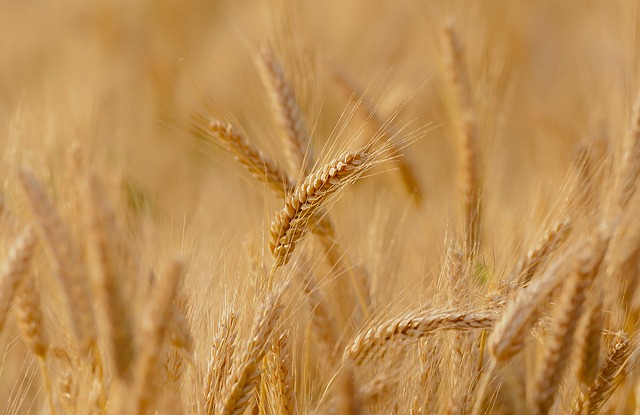Wheat production in the Western Cape has dropped from 1.86-million tonnes to 1.69-million tonnes as a result of high temperatures, and little rain. This has resulted in a reduced harvest.
Speaking to IOL, GrainSA has stated that this is the third season out of five production years that has not gone well as a result of climate conditions. While domestic production seemed to be very promising at the beginning of the season, warm and very dry conditions have led to a downward adjustment in the crop forecast.
According to the organisation, the smaller yields have led to financial pressure being placed on the producers.
“Grain SA is very concerned about the financial position of producers due to the impact of the drought,” said GrainSA marketing manager Dirk Strydom. “In terms of barley production, there is great concern as a large quantity of the harvested barley is not obtaining malt grading and must therefore be marketed and utilised as feed. This is a direct result of weather conditions which affect quality. If malting barley intake falls below current specifications, it is problematic for producers, who will receive far lower prices for barley.”
The highlight of the season was reportedly the new wheat-grading specifications which were implemented across the industry.
“Grain SA is grateful that producers can take advantage of this,” said Strydom.
Summer rainfall in the region’s planting date has commenced, and there is still not enough rainfall to support it.
“In terms of drought, there is minimal assistance from funding structures that specifically assist grain producers. It once again demonstrates how absolutely necessary aid is in terms of crop insurance for producers, which will ensure their survival in the difficult and challenging climate cycles by meeting financial obligations,” said Strydom.
Picture: Pixabay

